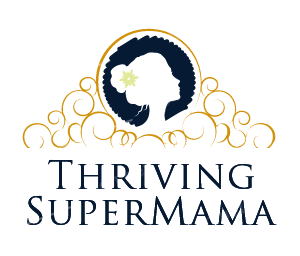The dust about George Floyd is barely settling. The world was treated to such a horrendous scene of what goes on day in, day out in the USA and around the world. The following days following the murder of George Floyd were dark filled with anger and other horryfing videos of police officers in the US roughing up black boys as young as 14. Emotions were running high; others joined the movement #ICantBreath and other kept the #BlackLivesMatter movement alive. The other quote of privileged narcissist fellows reminded as #AllLivesMatter. As a parent and a mum to a boy, my heart broke.
I hope when my son grows up, he travels around the world. I pray that he becomes a global citizen. However, to even think I will be sending my boy to a world where he could be killed for his skin color, worries me to my teeth. Even worse, the fear that my baby might be playing outside and never return home to me, because a police officer shot him on the way is something, I am yet to fathom. It is not only in the US where black people are being profiled. States like France, Germany and China are still discriminating black people. To them, black people are either a danger or criminals.The police officers in these countries are used to express what the other half of white people thinks about black people, but do not want to say it.
Police brutality is becoming a widespread vice around the world. Nations like India, South Africa and Kenya have recently been on the forefront in demonstrating against it. Police officers have used excessive force even when it was not necessary. However, the US leads in cases of police brutality where more than once the victims ended up dead. George Floyd’s murder blew off the ceiling. There were worldwide demonstrations. Many nations, organizations and communities stood in solidarity. In the US, things were shaken up. more black women were hired into executive positions, racists employees were fired.
Therefore, it is important to start the conversation about racism with kids because as much as this is a rot, we must see it for what it really is. The earlier children get, the better we will be able to deal with it. Some parents, including me might feel it is too early to expose kids to this discrimination. Silence is not an option either. We cannot let these kids run around and meet face-to-face with racism and not understand what it was.
Pointing and celebrating differences is a great starting point for kids under the age of five years. Children around this age can be quite inquisitive. So, when your child asks about someone’s skin color jump at the opportunity to give a lesson on equality. Be open with your child about racism and equality. Whenever they ask you about it, be sure to answer honestly. Use fairness to teach your kids that racism is unfair. Children below 5 years already understand the concept of fairness.
Children aged between 6 to 11 years are more in touch with their feelings and can easily express themselves. Listen to them whenever they express their feelings about racism. Discuss with them about what they are hearing in school, social media and the internet. Have candid conversations with them about racism and diversity. This builds trust with your children and encourages them to open to you.
Teenagers are more conversant with complex concepts and can easily express their views. Find out what they know about racism and discrimination, what they heard from the news. Be curious, about what they think. Take opportunities from the news and or events for dialogue with your children about racism. Most importantly encourage action. Teach your kids it is not just enough to know, but rather act and be part of the change. If they want to join online activism encourage them.
Kids learn from what they see. Before sitting them down to have a conversation, let them learn from your actions that we are all equal. Expose them to different cultures and people so that they can easily celebrate the differences. But while at it, teach them there are no other, just other people. And a little more about the monsters, that do not appreciate the difference of another’s skin.

